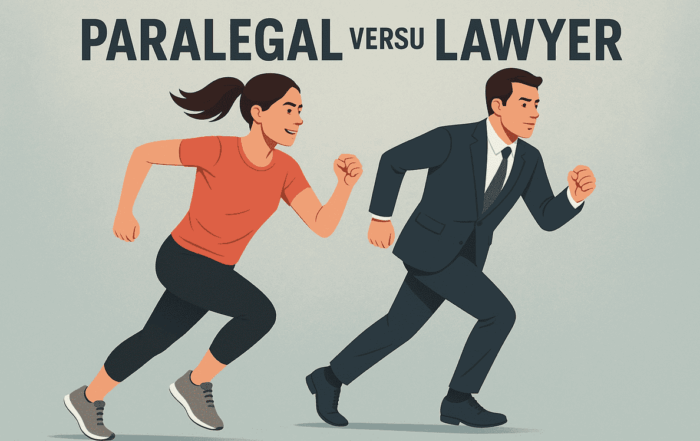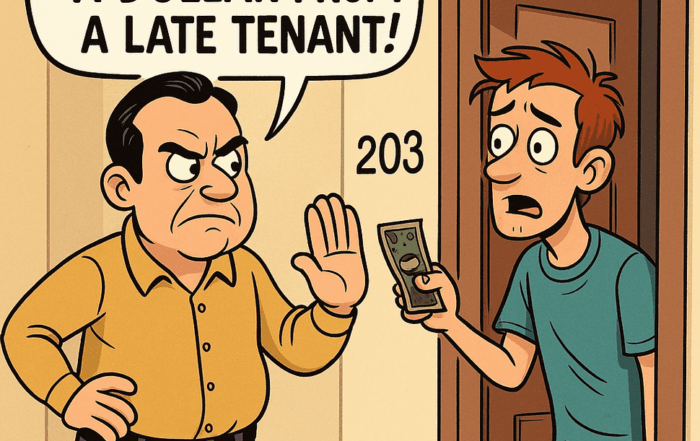Dealing with Difficult Tenants: Strategies and Real-Life Scenarios
As landlords and real estate investors, managing tenant relationships is crucial to the business. While most tenants are cooperative and respectful, occasionally, you may encounter difficult tenants who create numerous issues and disrupt the smooth management of your property. This article will discuss strategies for dealing with challenging tenants and provide a real-life scenario to illustrate these points.
Common Challenges with Difficult Tenants
Difficult tenants can present a variety of challenges, including:
- Frequent and Unjustified Complaints: Some tenants may repeatedly raise issues about the property that are exaggerated or unwarranted.
- Non-Cooperation: Uncooperative behavior, such as not allowing access to the property for repairs or inspections, can make it difficult to maintain it.
- Late or Non-Payment of Rent: Financial issues, including late payments or complete non-payment of rent, can significantly impact your cash flow.
- Lease Violations: Tenants might violate lease terms, such as unauthorized modifications or not adhering to agreed-upon conditions.
Strategies for Managing Difficult Tenants
- Clear Communication: Maintain open and clear communication with your tenants. Ensure that all parties understand their responsibilities and the terms of the lease agreement.
- Documentation: Document all interactions and issues. This includes written records of complaints, repairs, inspections, and any agreements made.
- Prompt Response: Address legitimate complaints and issues promptly. This demonstrates your commitment to maintaining the property and can prevent minor issues from escalating.
- Legal Awareness: Be aware of your legal rights and obligations as a landlord. Understanding local landlord-tenant laws can help you navigate disputes effectively.
- Mediation and Resolution: Try to resolve conflicts amicably through mediation. This can often prevent the situation from escalating to legal action.
- Court Registry: Do not be intimidated if a tenant does not deposit funds at the court registry during a dispute. Without these funds, they do not have a strong case.
- Pursue Eviction: Even if the tenant is leaving, continue with the eviction process. This ensures they cannot repeat this behavior with other landlords.
- Learn and Adapt: Take note of what you learn from each difficult tenant and look for similar inconsistencies in the future.
Real-Life Scenario: Managing a Difficult Tenant
Initial Issue: Flooring Complaints
When the tenant, whom we’ll call Jane, moved into the property, she reported issues with the flooring, claiming there were gaps throughout the house. To address her concerns, we sent two different vendors to inspect the flooring. Both vendors concluded that the flooring was in good condition and did not need replacement. Despite their professional opinions, Jane insisted on having the flooring replaced. To maintain good tenant relations, we replaced the flooring in half of the property.
Heating Problems in the Back Room
Two months later, in February, Jane reported another issue: the back room was not heating properly. We promptly sent an HVAC vendor to inspect the problem. The vendor determined that the lack of heating was due to the thin walls and recommended replacing them. We obtained multiple quotes for the wall repair but decided to try a more cost-effective solution first by installing films on the window screens to improve insulation.
Complaints About the Back Door
Following the heating issue, Jane began complaining about the back door. This door had been in the same condition since she moved in, and she had agreed to the “as is” condition as per the lease agreement. Despite this, we arranged for a vendor to provide a quote for the door repair. However, Jane repeatedly failed to provide availability for the vendor and canceled appointments on multiple occasions, making it impossible for us to proceed with the repairs.
The Tenant’s Departure
Throughout these interactions, Jane also stopped paying rent for the current month. After several attempts to resolve the issues and communicate with Jane, she eventually moved out on June 6th without notice. Most of our conversations with her were over the phone, but we documented some interactions for reference.
Continuing with Eviction
Despite Jane’s departure, we decided to continue with the eviction process. This step was crucial to ensure that she would not be able to repeat this behavior with other landlords. Following through with the eviction process serves as a deterrent for such behavior and upholds the integrity of the rental agreement.
Conclusion
Dealing with difficult tenants can be challenging, but landlords can manage these situations by maintaining clear communication, documenting interactions, and addressing issues promptly. Understanding your legal rights and obligations is essential to navigate any disputes. If a tenant is not placing funds at the court registry during a dispute, do not be intimidated; they do not have a strong case without these funds. Additionally, even if the tenant decides to leave, it is important to pursue the eviction process to the end to prevent them from causing similar issues for other landlords. Finally, take note of what you learn from each difficult tenant and look for similar inconsistencies in the future. This real-life scenario illustrates the importance of patience, professionalism, and preparedness in handling difficult tenants.
Please feel free to reach out if you have any questions or need further details about managing difficult tenants.
Thanks to Abhi Pandey, Team Leader at Graystone, for the collaboration.








